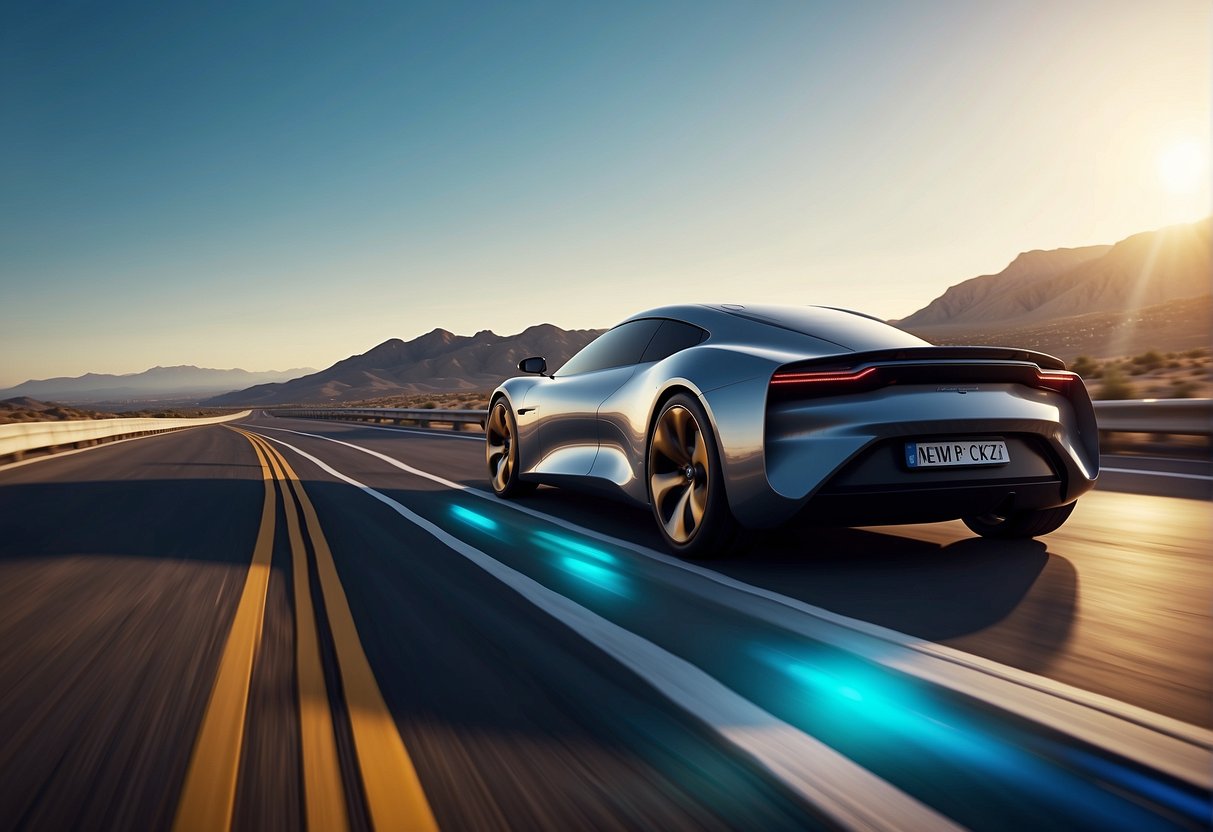
The evolution of sports cars has always mirrored advancements in technology and shifts in consumer demands, with electric sports cars emerging as a pivotal innovation in the automotive industry. Electrification in the realm of high-performance vehicles has progressed from a novel concept to a central element of manufacturers’ strategies, keen on combining speed with sustainability. The allure of electric sports cars lies not only in their environmental credentials but also in their ability to deliver astonishing acceleration and a driving experience that is often superior to traditional internal combustion machines. This transition is a reflection of broader automotive electrification, driven by the urgency to reduce emissions and the growing efficiency of electric powertrains.
Electric sports cars, such as the Tesla Roadster and the Rimac Nevera, have demonstrated that the shift to electromobility doesn’t compromise performance; instead, it provides new opportunities for innovation. The instant torque characteristic of electric motors, allied with advancements in battery technology and power management, has allowed electric sports cars to compete with, and sometimes outperform, their gasoline-powered counterparts. The fascinating development trajectory of these vehicles offers a glimpse into a future where the thrills of driving are inextricably linked to the cutting-edge technology of electrification.
Automotive enthusiasts are watching as the industry approaches a significant turning point in 2026, predicted to be a monumental year for electric sports cars. Behind the scenes, solid-state batteries are poised to revolutionize energy storage, offering higher energy density, faster charging, and greater safety, promising to further enhance the capabilities of electric sports cars. The anticipation for this pivotal year in the automotive calendar emphasizes the remarkable journey of sports cars, from roaring engines to the silent surge of acceleration provided by electric power. As the narrative of electric sports cars continues to unfold, their rise is set against the backdrop of a society increasingly focused on sustainability and efficiency, making their evolution a critical chapter in the broader story of transportation.



